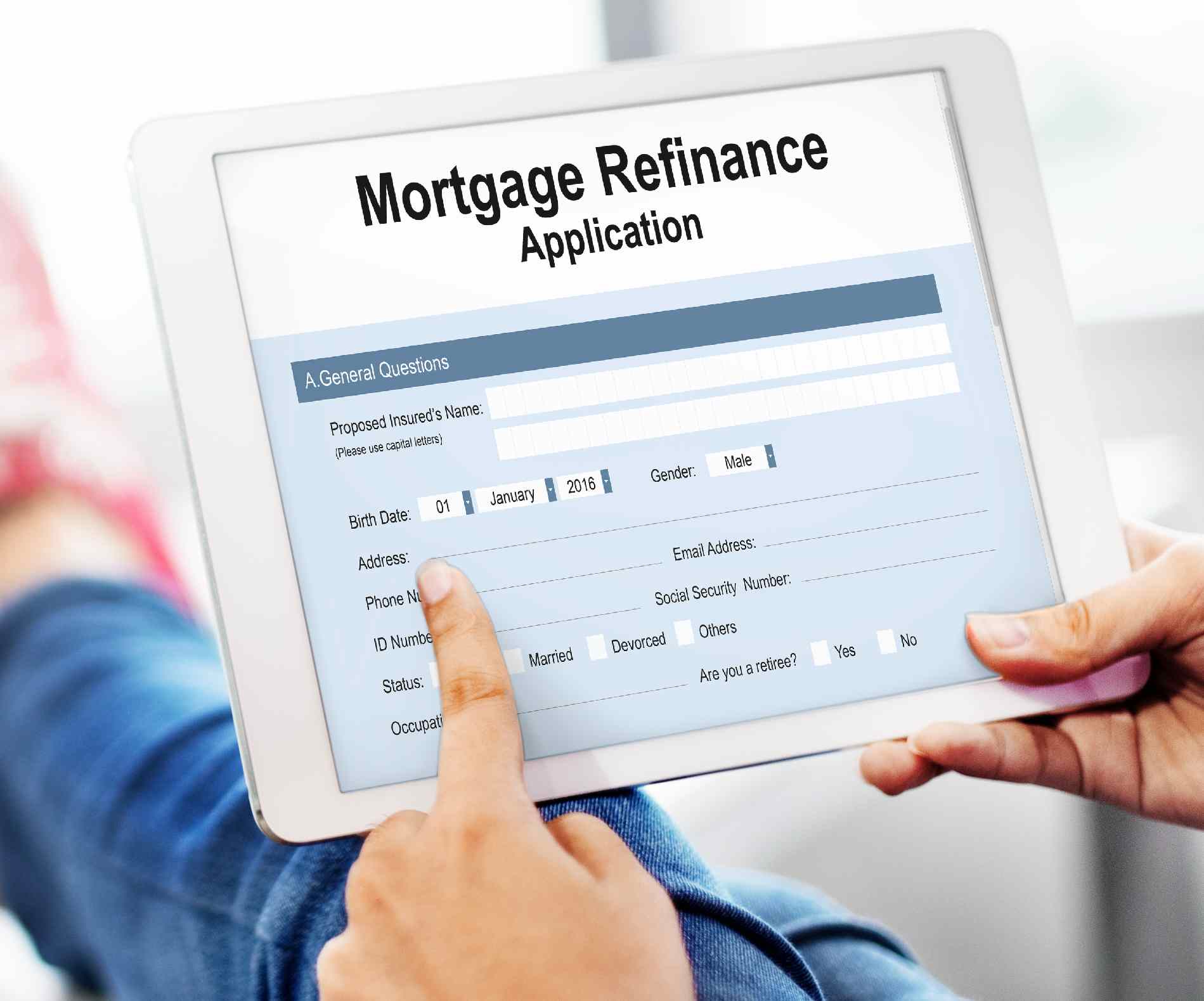Most Common Refinancing Questions

With low-interest rates still accessible, Albertan homeowners can refinance their mortgages to potentially save thousands in interest payments over the amortization of their loan. As mortgage specialists, we get asked a lot of questions about refinancing from our clients looking to do just that. If you’ve been wondering about how to take advantage of these low rates, or debating if refinancing is worth looking into, we’ve compiled a list of the most common questions we get to help get you started.
Why Should I Refinance?
In the right circumstances, refinancing can be a strategic financial move. The primary reasons one might consider refinancing are to:
- Save You Money. Imagine being able to lock into an interest rate that’s nearly half of your current one. This means that each month you’re paying more towards your principal amount and less towards interest. As a result, you end up paying less interest. You could be saving thousands, if not tens of thousands of dollars over time.
- Consolidate Your Debt. Homeowners struggling with high-interest debt can use refinancing as a debt consolidation tool. In these cases, repayment of multiple debts is lumped into one monthly payment with a more reasonable interest rate. For obvious reasons, this can help make debt much more manageable.
- Give You Access to Equity. The portion of the cost you’ve already paid is considered your home’s equity. Refinancing is a way to gain access to this equity. Think of it as a low-interest secured loan that can be used for tuition, medical expenses, or other needs.
What Are the Drawbacks?
As great as the benefits can be, they are not guaranteed. Savvy homeowners should be aware that there are some caveats to this seemingly perfect strategy:
- Penalties & Fees. Make sure to read your mortgage agreement carefully, as many will enforce prepayment penalties. In cases where these penalties and the associated fees add up to more than you would save on a lower interest rate, we would caution you to find an alternative financial strategy to meet your goals.
- The cycle of Debt. Debt consolidation can be a great tool in many instances, but not in all. You need to be sure that you can afford the monthly lump sum, or else you’re in the same situation you were to start with. Except that this time, you’re putting your home on the line.
How Can I Refinance?
Most lenders will only allow you to refinance if you have at least 20% or more equity in your home. This means you have 80% or less left to pay against the purchase price of your home. If this sounds like you, speak with a mortgage broker to help you crunch those numbers and determine if you would benefit from refinancing. The next step may feel a little bit like deja vu, you’ll be shopping around for great rates just like you did when you first purchased your home. Look for ones that are lower than your current rate. If you get to this point and realize that the interest rates are not worth the switch, don’t feel obligated to go all the way. When it comes to refinancing, timing is everything, only apply for a new mortgage if it makes good financial sense.
In conclusion, refinancing can be a great tool in certain circumstances. If you’re even a little bit curious about how you may benefit from it, reach out to our team of mortgage specialists. We can help give you a clearer picture of the current market rates as well as take a look at your present mortgage. Get started here!

